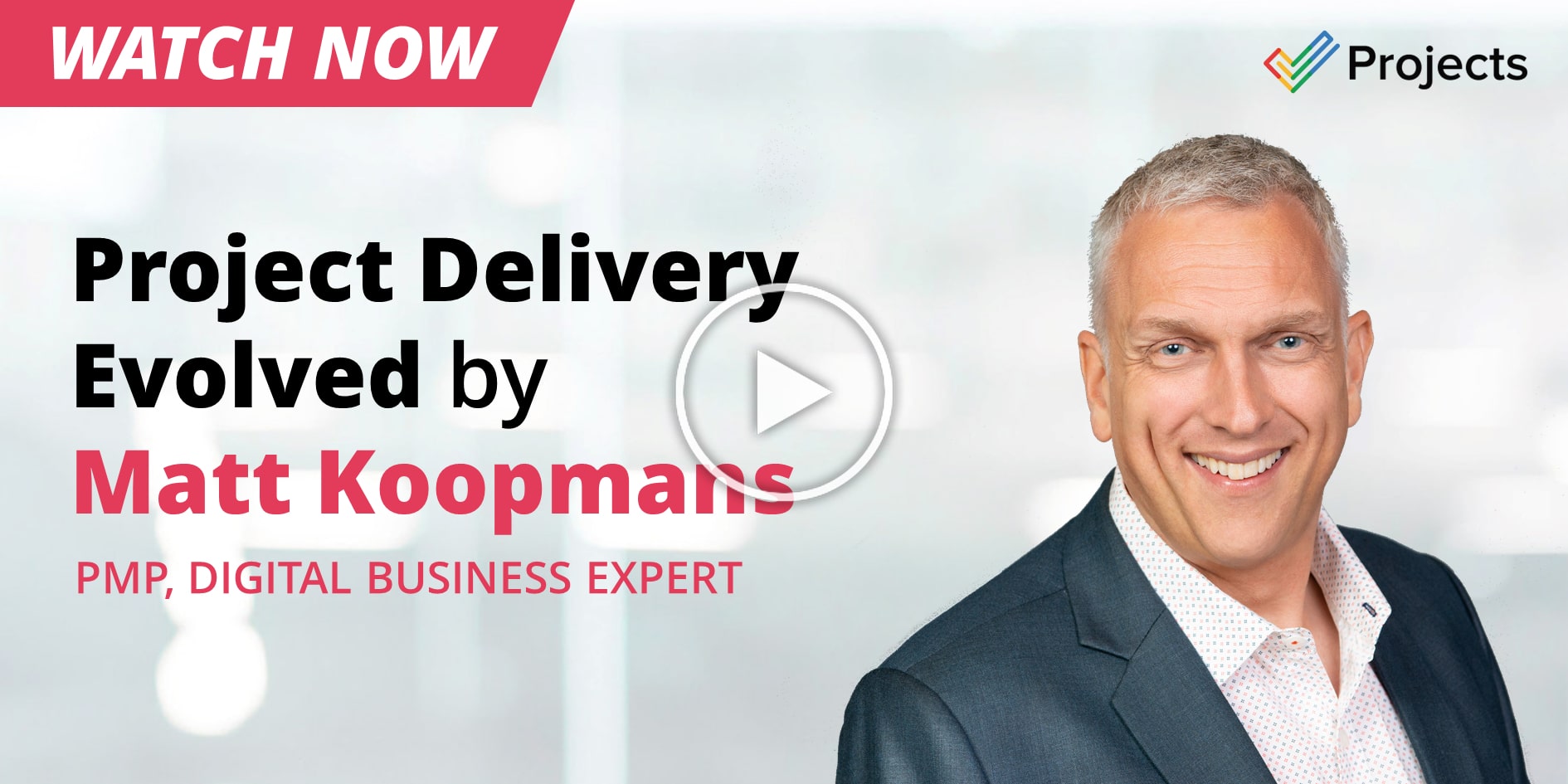- HOME
- Guest talks
- Boosting productivity Is about more than just software. It’s about respecting your team’s time
Boosting productivity Is about more than just software. It’s about respecting your team’s time
- Last Updated : November 12, 2025
- 3.7K Views
- 4 Min Read

In my two decades of leading an IT services firm, I have seen countless businesses search for a silver bullet to solve their productivity problems. The common belief is that the right piece of software, the perfect app, or the latest platform will magically unlock a new level of efficiency. While technology is a powerful enabler, this thinking misses the point. Poor productivity is rarely a technology problem at its core; it is a symptom of a cultural problem where employees’ time and talent are not respected.
The most significant drain on productivity and morale is low-value, repetitive work. When you ask skilled, intelligent people to spend their days manually copying data between spreadsheets, compiling reports by hand, or chasing down information stuck in siloed systems, you are not just wasting time.
You are communicating that you value their manual labor more than their strategic insight.
This is the fastest way to disengage your best people and create a culture of "productivity theatre," where everyone looks busy, but little of substance is achieved.
The true path to enhanced productivity is not just about doing work faster; it is about changing the nature of the work itself. It is about systematically eliminating the tasks that drain energy and freeing your team to focus on the complex, creative, and strategic challenges that only humans can solve.
Case study: from manual drudgery to meaningful work
We recently worked with a mid-sized logistics company in Hamburg that was facing this exact challenge. Their operations and sales teams were staffed with experienced professionals, yet they were struggling with low morale and falling behind competitors. A closer look revealed that their days were consumed by administrative drudgery.
The team was trapped in a cycle of manual processes:
Quote Generation: Sales staff spent hours manually creating quotes, pulling pricing from one spreadsheet, shipment details from another, and customer information from a separate, outdated CRM.
Status Updates: The operations team had to log into three different carrier portals to track shipments and then manually compile a daily status report for key clients.
Reporting: Management relied on weekly reports that took a senior team member half a day to assemble by consolidating data from multiple sources.
The work was tedious and error-prone. More importantly, it was a profound waste of talent. The sales team had no time for proactive relationship-building, and the operations team was stuck in reactive data entry instead of optimizing supply chain routes.
The leadership team was considering purchasing another standalone project management tool, hoping it would force people to be more organized. We advised them that adding another tool would only create one more system to update manually.
The solution: integrated automation that respects people
Our approach was not to introduce new software but to intelligently integrate the tools they already had. We focused on the workflows, not just the applications. This philosophy of creating a seamless flow of information is shared by powerful integrated platforms like Zoho One, where the goal is to make work flow naturally across departments.
First, we interviewed the team to identify the most hated tasks. This step is crucial. By asking what they despise doing, you uncover the biggest opportunities for automation and the biggest potential morale wins.
With this insight, we implemented a few key automations:
Automated Quoting: We built a flow that connected their website's inquiry form directly to their CRM and a centralized pricing list. Now, when a request comes in, a draft quote is automatically generated and saved in a shared channel for the sales team to review, adjust, and send. This cut the time to create a quote by over 70%.
Centralized Tracking Dashboard: Instead of manual tracking, we created a dashboard within their existing collaboration application. This dashboard used APIs to pull real-time shipment data from the carrier portals into a single view. The operations team and even clients (with limited access) could see a shipment's status instantly, eliminating dozens of emails and phone calls each day.
Automated Reporting: We set up a scheduled flow that automatically pulled data from their CRM and logistics systems into a business intelligence report. Every Monday morning, management received a precise, up-to-date summary of the previous week’s performance without anyone lifting a finger.
The result: more than just time saved
The quantitative results were significant. We estimated the automations saved the team over 40 hours of manual work per week. But the real impact was cultural.
Freed from the monotony of data entry, the sales team started focusing on strategic account growth and building deeper client relationships. They had the mental space to think beyond the next quote. The operations team shifted from being reactive data clerks to proactive problem-solvers, using the dashboard to spot potential delays and reroute shipments before issues arose.
Most tellingly, job satisfaction improved tangibly. The team members who once dreaded coming to work started proposing their own ideas for new automations. They felt heard, respected, and empowered. They were no longer cogs in a machine; they were experts whose talent was finally being put to good use. This cultural shift directly led to higher sales conversion rates and improved customer retention.
Respect is the ultimate productivity tool
If you want to boost productivity in your organization, stop looking for the next piece of software to buy. Instead, look at the work you are asking your team to do. Ask them what tasks drain their energy and make them feel undervalued.
Use technology, whether it's an integrated platform or custom automation, to destroy that mundane work. Free your people to think, to create, and to solve the problems that matter. Productivity is not about squeezing more hours out of your team; it is about making their hours more meaningful. When you show your team you respect their time and intelligence, they will reward you with a level of engagement and innovation that no software alone can ever hope to achieve.
 Jens Hagel
Jens HagelJens Hagel is the founder and managing director of hagel IT-Services GmbH, a Hamburg-based IT consultancy that helps businesses streamline their operations and boost productivity through smart technology integration. With extensive experience in cloud solutions and digital workflows, Jens is passionate about helping companies unlock the full potential of their existing tools. He focuses on creating practical, customized strategies that drive efficiency and growth for his clients.




